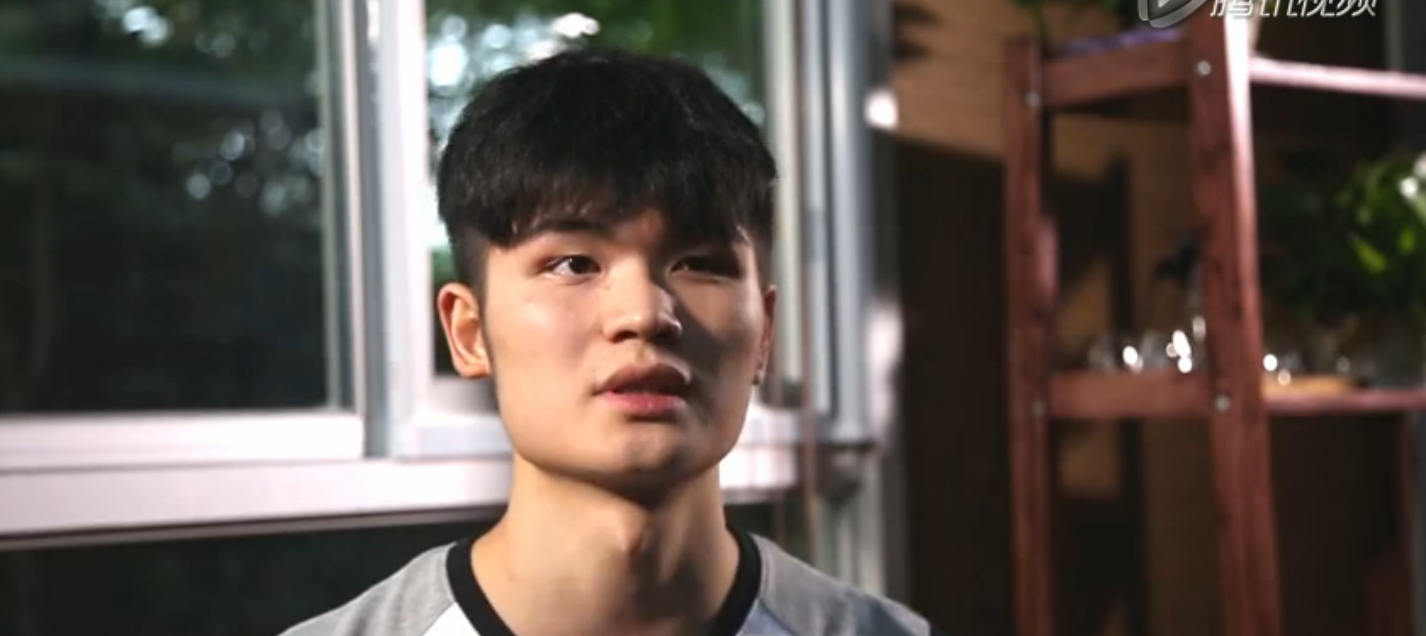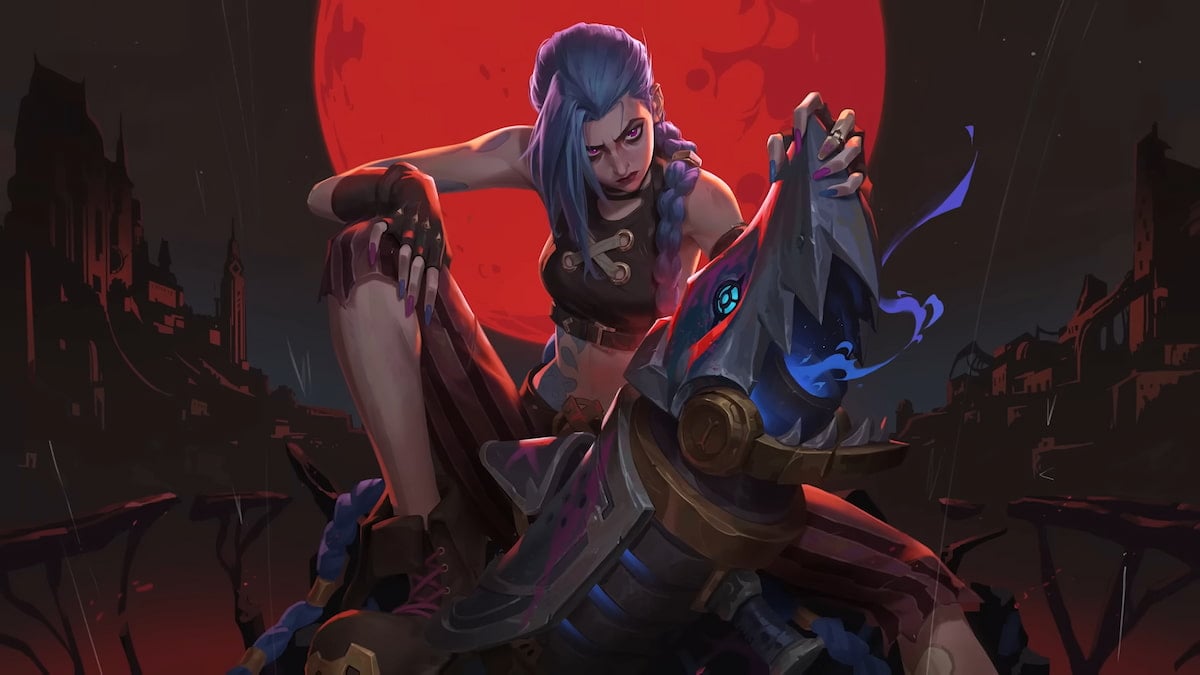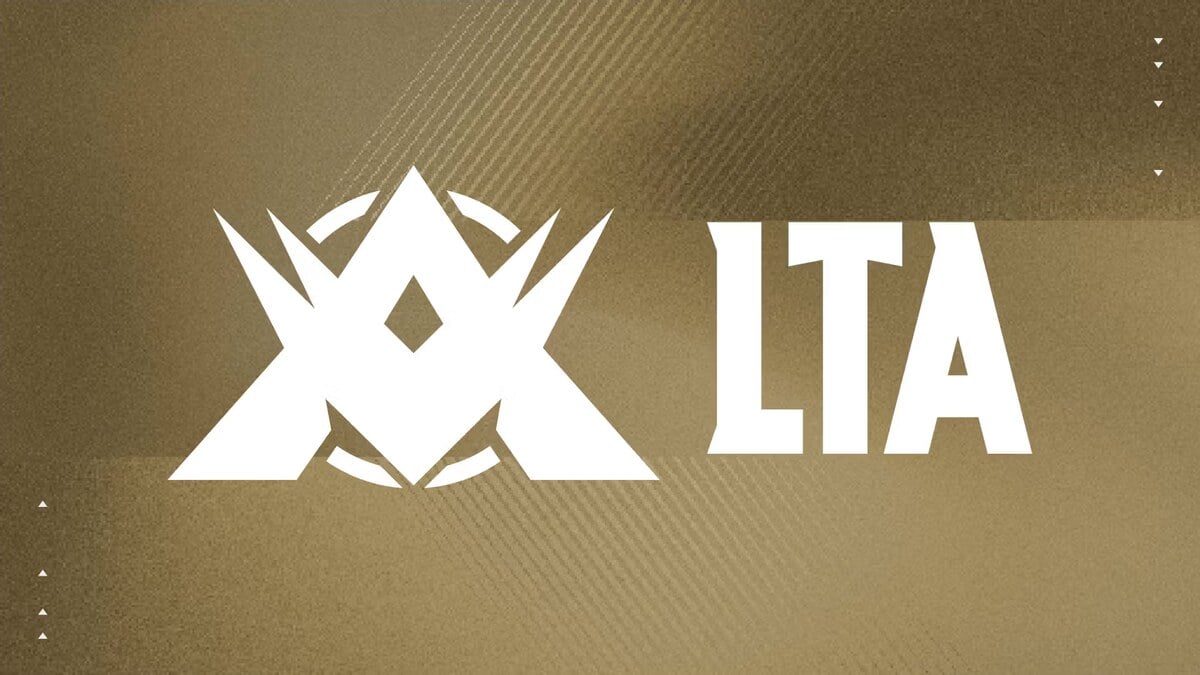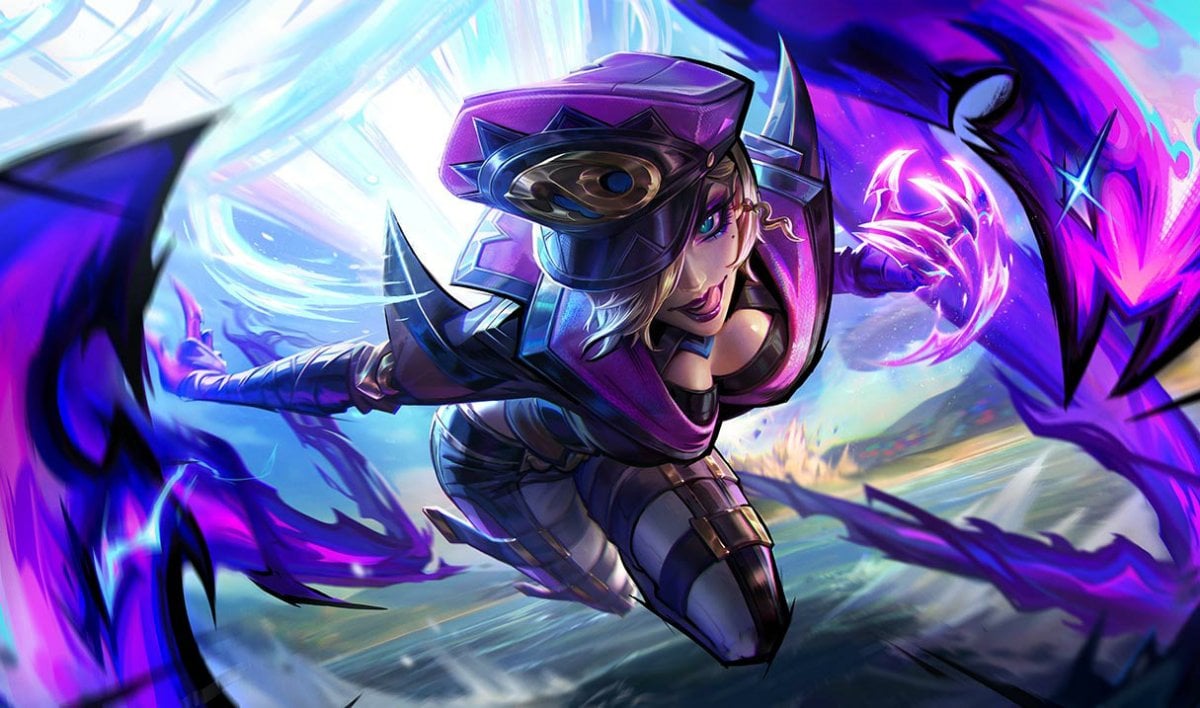Interview with OMG by Ryan Lunwai. You can find the video here. I highly recommend you watch it while reading the piece, or else some parts will seem fragmented.

Loveling: Our coach still had a role in switching out players. Everyone had a lot of complaints. But if you were cut out of the starting line-up, the pressure was alleviated slightly. So our attitudes became something like, “Alright, if you’re going to switch me out, then go ahead.” At the time, I asked to be switched out. I said if I continued playing, it’d be a difficult road ahead of me. If we were going to make roster swaps, I wanted to see if the new addition could synergize will with the team. So we managed to get a substitute later on–either way, there were issues with the team. I don’t want to go too in depth. Just know that there were problems.
However, Loveling and Gogoing’s mentalities started going downhill. The team didn’t expect this. During the majority of the Summer Split, OMG turned into a team filled with old and new players. Their results went downhill, which was expected.
Cool: Is Uzi good enough? At the time, I was talking to Clearlove–our relationship is pretty close–and I heard that EDG wanted Uzi. But we felt like Uzi’s attitude wasn’t consistent. Everyone knew he could be irrational. If a team has a player like that, we felt like that could bring out a lot of strong emotions, and maybe we wouldn’t be able to withstand it. He [Clearlove] told me if we were going to recruit him, then we’d better prepare ourselves. At the time, I considered Uzi a young kid. He really wanted to win, and I could see that. Even though he might be a kid, I still thought that he would work really hard competitively. Whenever we met, there wasn’t any random outbursts. I felt like Uzi wasn’t too bad at all, so I decided to continue staying with OMG.
After he joined OMG, there were a lot of small problems that eventually snowballed into big problems. This was because of personality clashes. At first, there were a lot of explosive arguments. I felt really foolish. I felt like I wasn’t doing well enough. After being yelled at–well, after playing the first set, I really did feel moody. I was really anxious. The competition was almost here, and there were a lot of problems that were exposed in our gameplay. And we weren’t able to resolve any of our problems outside the game either. I also really wanted to prove myself–I really wanted to prove our team had what it takes.
(here, I assume the off-camera interviewer asks about the incident where Cool’s conversation is leaked to the internet)
After that happened, I blamed myself. Sometimes, we argue with each other as teammates. This is a very normal thing. It’s just that I was having a conversation and it was recorded and leaked. This was a big mistake on my part. After this happened, I tried to apologize to Uzi. It was my fault. No matter what, I shouldn’t have said those things. The public opinion made things even worse. I felt like there was nothing I could do. I made an awful mistake.

Loveling: Our problems have existed for a while now. Sometimes it’s hard to understand how your friend can act like this–like, if a problem came up, we might give each other the cold shoulder. Stuff like this. We’ve been together for a while. In terms of in-game stuff, we try to take each other’s recommendations and advice. There’ll be times when none of us want to play the game. But we know that we’re responsible for the well-being of the team. We persevered.
Also, in terms of his [Cool] position, he had no substitute. He had to continue playing no matter what. I just tried my hardest. I saw that the team needed me, so I put in my best effort to work hard. When we first started playing together, our synergy was pretty good. We even picked up 2nd place at the Demacia cup. He’s had a lot of problems in his personal life. It built up and it resulted in nobody wanting to communicate with one another. Because our personalities are all reclusive, it’s hard for us to get along. There was no fixing it. Problems kept arising. We argued a lot, and we liked to taunt each other. I can only say this was a problem in our team. It built up over time.
(off-camera interviewer: On Weibo/Chinese Twitter, you said you’d break all ties. What does this mean?)
Loveling: Maybe I went overboard. I didn’t think about the consequences of posting that.
Cool: Loveling and I are old friends–we’re from the same town. We’ve travelled a long way. At the time, we really believed in each other. When you win a lot, you tend to deviate. Your teammate might think they’re right–and I might think I’m right. Everyone will argue and your goals might be different. You might have distracting thoughts and you might end up far away from your teammates. Because we [Loveling and Cool] don’t talk too much, the tension builds up. I think Loveling has always been a trustworthy jungler. No matter how he performed, I always felt like he was a creative thinker and really fit into the team. His attitude, in the context of our team, is really outstanding. And every player has a shortcoming–whether it’s being too reserved or if it’s being too extroverted and belligerent. I felt like he [Loveling] was a great Chinese player–a great jungler. At least that’s how I see him. I really do trust him in-game.
As friends and teammates, I walked with him until we scattered apart. To be honest, I don’t know what the reason was. Both of us were pretty stubborn. Neither of us wanted to concede defeat. Friendships change that way and it tends to drift apart. Right now, I think we’re okay. For Loveling, I consider him my friend. I also consider him a teammate. I’ve leaned to let go of these things.






Published: Nov 16, 2015 08:55 pm